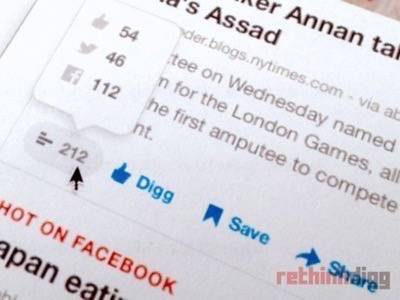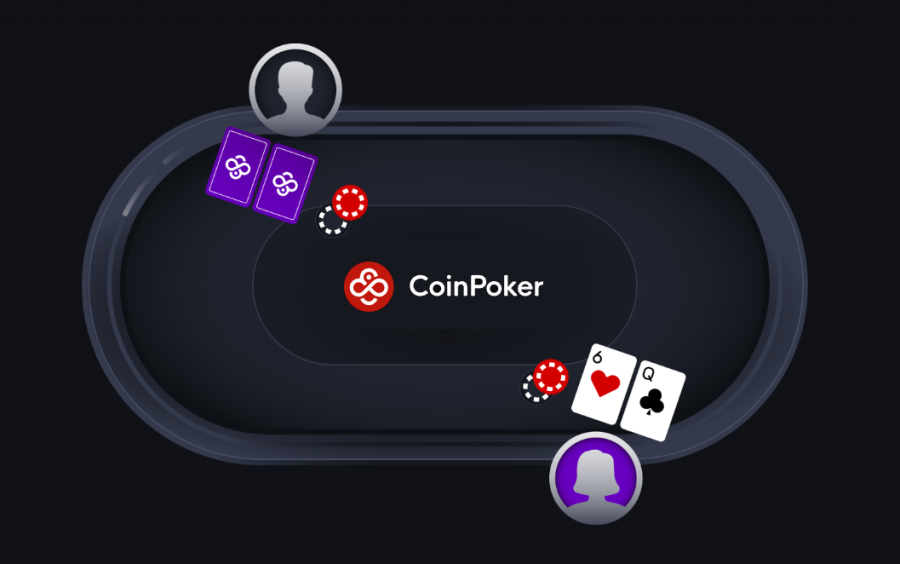
Digg made its mark by turning Internet news aggregation into a social experience. Now people share links and talk about them everywhere. So Digg is gathering all that scattered activity back into one listing of the best of the Internet. With Digg set to relaunch for the Web and iPhone on Wednesday, general manager Jake Levine found a 25th hour in his workday to tell ReadWriteWeb what to expect.
On July 12, news broke that New York start-up stable Betaworks bought the site for a song. Digg was delivered into the capable hands of the 10-person News.me team, whose app provides a feed of personalized news from readers’ Facebook and Twitter feeds. Levine and his team have rebuilt the site from the ground up, targeting as broad an audience as possible.
Broadening the Conversation
“We’re making sure that Digg is conducive to a social experience on and off the Internet,” Levine says. “Success for us means that you go home or go out with your friends, and what you’re talking about is stuff that you found on Digg.”
Levine’s statement is an acknowledgement that conversations around great articles have moved outside Digg’s walls. The new Digg will determine which stories matter based on buzz from Twitter and Facebook in addition to Digg votes. If that buzz arose from a link you shared on Facebook, the Digg page will credit you with the discovery.
Digg v1 won’t have its own commenting system when it launches on Wednesday, which may come as a surprise to past Digg users. Levine doesn’t just want to slap on a Reddit or Hacker News-style upvote/downvote system. “We weren’t 100% sure that that was right, and we didn’t have time to be wrong.” He wants to learn through experimentation to answer the question: What is this type of network good at?
The conversations will still take place on Facebook, Twitter, Reddit and elsewhere. When and if Digg launches its own commenting system, it will be tailor-made for the interests and skills of Digg users.
Keeping It Simple
The new Digg will slim down Digg to its essence as a front page for the most buzzworthy links from around the Web. Levine says he wants the v1 front page to evoke this reaction: “This is hilarious and great stuff, and it strikes a chord with me.”
The team conducted a survey about the current state of Digg and found that over 80% of respondents consume news from four types of sources: successors of the old Digg like Reddit and Hacker News, blogs, major newspapers’ websites, and Twitter. Facebook was also over 60%, beating out TV.
Levine saw “an opportunity to simplify” in these responses. For the first iteration, Digg will be a desktop and mobile destination for news that, while not replacing all other kinds of sources, is a reliable destination for broadly interesting stuff. As Levine simply puts it, “Digg is about delivering what the Internet is talking about.”

The Product They Would Have Built Anyway
Before Digg dropped in their laps, most of the new Digg team was building News.me. The key difference between News.me and the new Digg is that News.me personalizes the news to the person reading it, while Digg will initially be built to show the news that matters to everyone.
There are “100,000-ish” power-user types on News.me who constantly scour their Twitter and Facebook streams for interesting news. The team was already working on how to use the signals from these readers to pull together a more general-interest experience. What they needed was general-interest users. “Then Digg came along, and it was like, ‘Hey, here’s a few million of those people,’” Levine says.
So the Digg team will work backward from a broadly appealing site for the millions of Digg users. It will learn to implement its knowledge of personalization of and conversation about news as it goes.
The team’s “F–k It, Ship It” ethos is all about delivering something as soon as it’s good, then experimenting, studying and iterating to make it great. “We built this in six weeks,” Levine says, “and we want to rebuild it again in another six weeks.”










